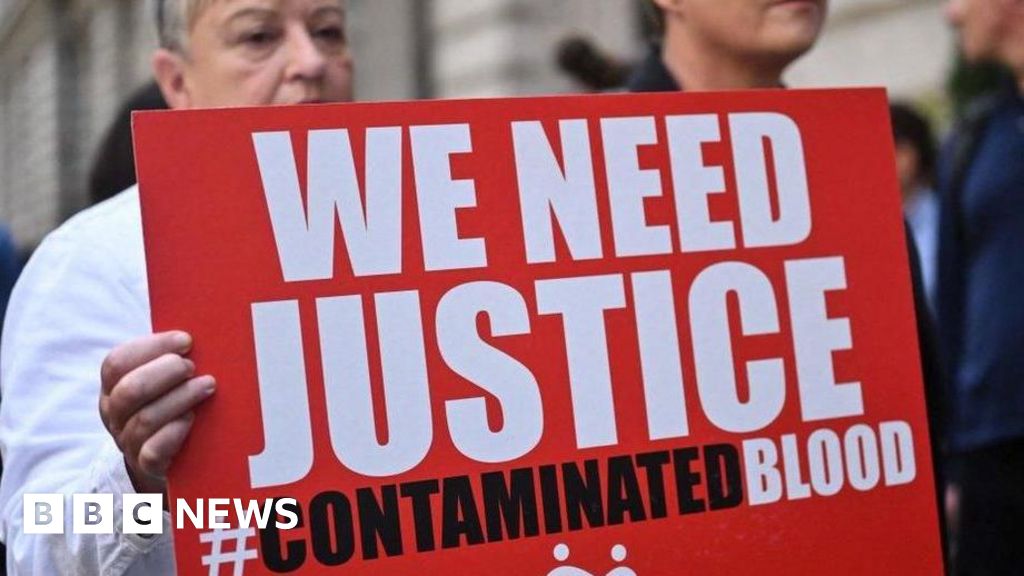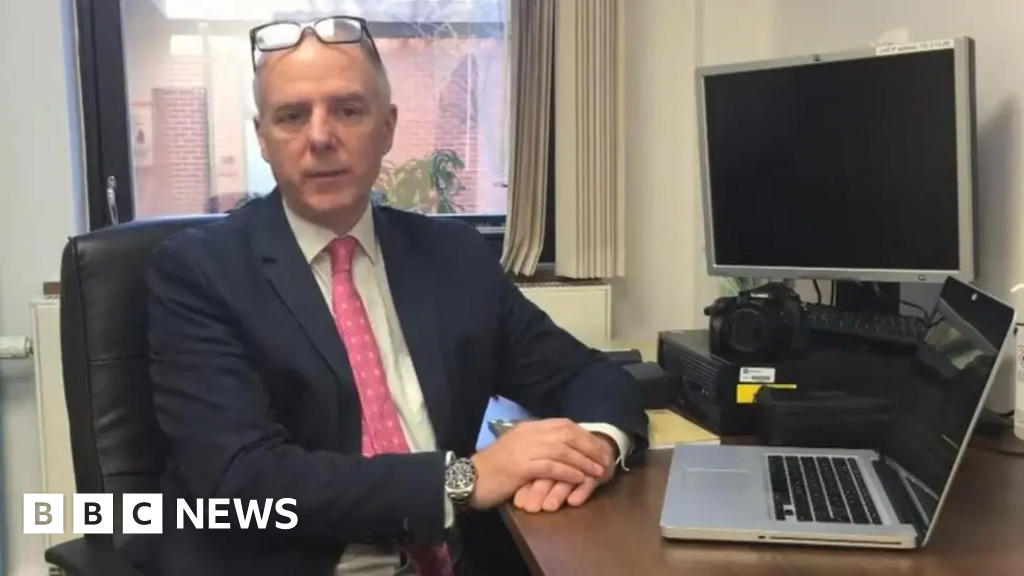ARTICLE AD BOX
Cutting the self-isolation period to five days would be "helpful", the UK's former vaccines minister has said.
People who test positive for Covid are required to self-isolate for seven days, but several sectors are experiencing staffing pressure.
Education Secretary Nadhim Zahawi said the country is "witnessing the transition of the virus from pandemic to endemic", reports the Sunday Times.
The paper also speculates that free lateral flow tests could end in weeks.
But a government source said that no decision had been taken and free tests will remain in place as long as they are needed.
Opposition politicians have criticised the suggestion of stopping the free tests.
Scottish First Minister Nicola Sturgeon said such a move would be an "utterly wrongheaded" approach to dealing with coronavirus.
"Hard to imagine much that would be less helpful to trying to 'live with' Covid," Ms Sturgeon tweeted.
She questioned what would happen to funding for UK nations for testing if Westminster axed free tests.
Shadow health secretary Wes Streeting said such a move would be "the wrong decision at the wrong time".
"The cost will also hit families at a time when they face a cost of living crisis. It means people simply won't take them," the Labour MP tweeted. "It's penny-wise and pound-foolish."
Rules on self-isolation for people in England infected with Covid changed last month, dropping from 10 days to seven.
The government announced that people could end quarantine up to three days earlier if they test negative twice.
Elsewhere, the United States recently shortened the self-isolation window to five days.
The UK Health Security Agency said earlier this month that doing the same in the UK would be "counterproductive", but added it would keep that policy under review.
Mr Zahawi said: "The UK Health Security Agency have said they want to review it, so we will stick to seven days, but if they say they will bring it down to five days, that is even better for me. It's even more helpful."
He added that the country is seeing the transitioning of the virus "from pandemic to endemic".
It comes after the chair of the Joint Committee on Vaccination and Immunisation (JCVI), which advises the government on vaccines, said on Tuesday that administering vaccines for everyone every for to six months was not "affordable, sustainable or probably even needed".
The UK became the seventh country and the first in Europe to record more than 150,000 Covid deaths on Saturday. A further 146,390 cases were also recorded.
Private and public sectors are feeling the effects of high case numbers, which are impacting staff levels.
Earlier this month, the Cabinet Office said public sector leaders were told to prepare for "worse case scenarios" of 10%, 20% and 25% staff absence rates.
Transport, the NHS and schools have already seen the effect of absences, as daily case numbers rose over the festive period.
In England, Covid-related staff absences at hospitals have risen sharply since Omicron took hold last month, with the Royal College of Nursing warning the situation was "simply not safe".

 3 years ago
34
3 years ago
34








 English (US) ·
English (US) ·